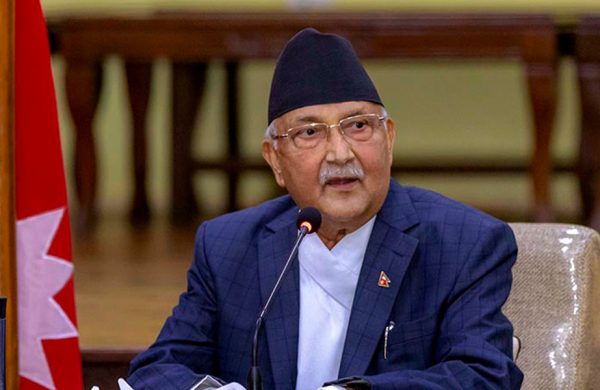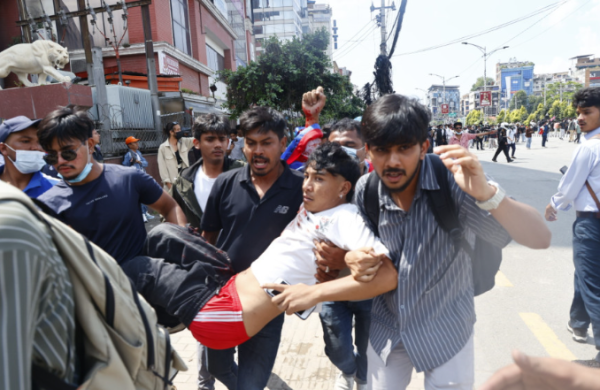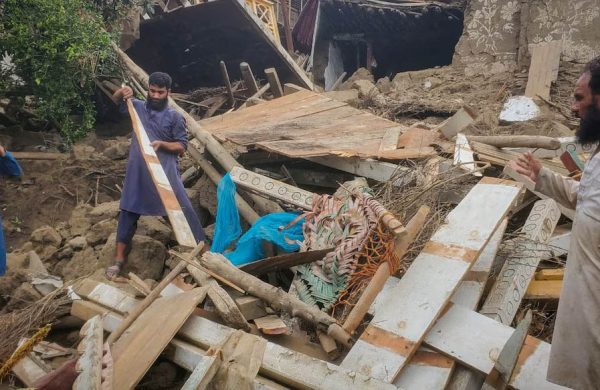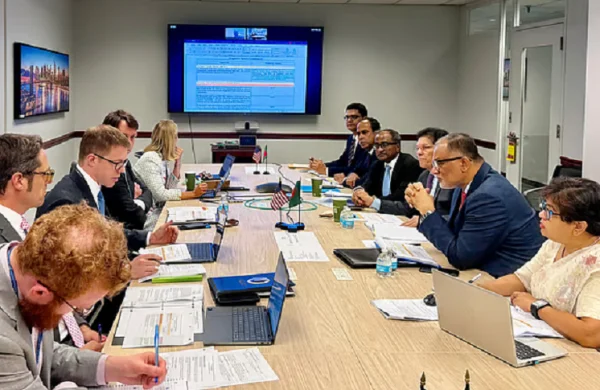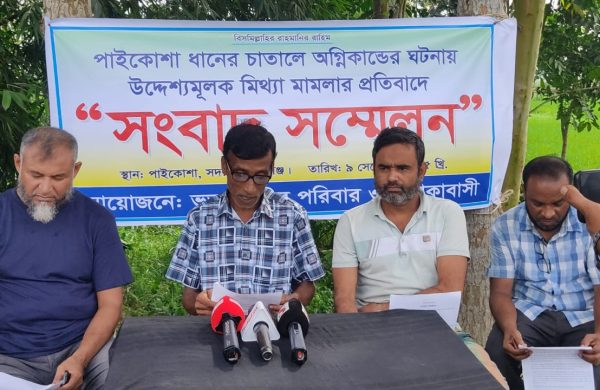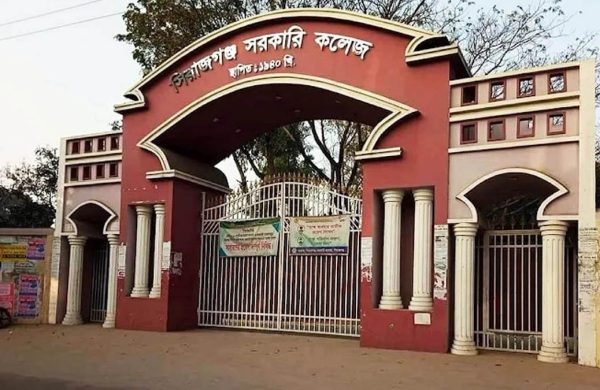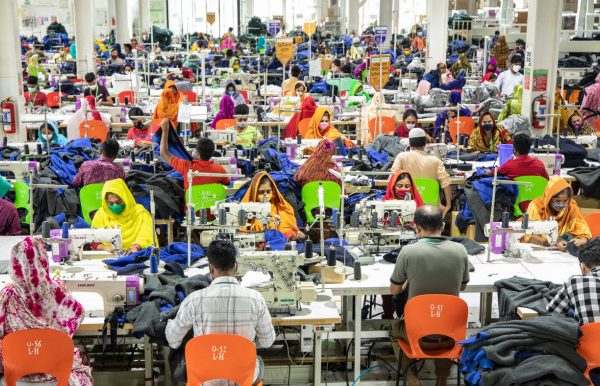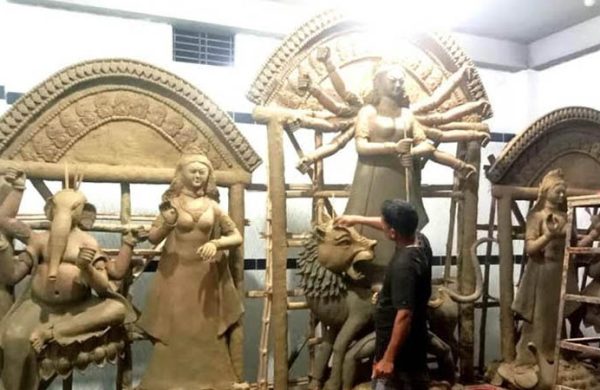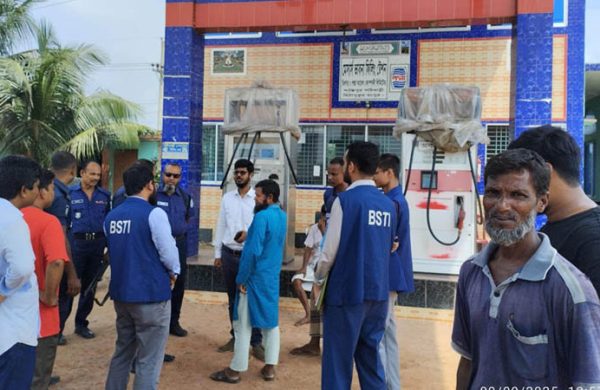War crimes escalating in Myanmar: UN investigators
- Update Time : Tuesday, August 13, 2024

Int’l Desk:
Crimes against humanity and war crimes committed by the Myanmar military have “escalated at an alarming rate”, UN investigators warned Tuesday, citing systematic torture, gang rape and abuses against children.
The United Nations’ Independent Investigative Mechanism for Myanmar (IIMM) said that in the last six months, more than three million people are estimated to have been forced to flee their homes, as conflict spirals within the country.
“We have collected substantial evidence showing horrific levels of brutality and inhumanity across Myanmar,” said IIMM chief Nicholas Koumjian.
“Many crimes have been committed with an intent to punish and induce terror in the civilian population.”
In its annual report, covering July 1, 2023 to June 30, 2024, the IIMM said the conflict in Myanmar had “escalated substantially” in that time, “with reports of more frequent and brutal crimes committed across the country”.
The investigators said they had collected significant evidence of more intensive and violent war crimes, including aerial attacks on schools, religious buildings and hospitals, with no apparent military target.
They also cited physical mutilations against detainees, including beheadings and public displays of disfigured and sexually mutilated bodies.
The investigators are looking into unlawful imprisonment, including arbitrary detention and “manifestly unfair trials” of perceived opponents of the military junta.
“Thousands of people have been arrested and many tortured or killed in detention,” the IIMM said.
– Rape and burnings –
Myanmar’s ruling junta came to power in the February 2021 coup that ousted Aung San Suu Kyi’s elected government, ending a 10-year experiment with democracy and plunging the Southeast Asian nation into bloody turmoil.
The junta is struggling to crush resistance to its rule by long-established ethnic rebel groups and newer pro-democracy forces.
In suppressing post-coup dissent, the report said there was “abundant evidence of systematic torture” in detention.
Torture methods included beatings with bamboo sticks; electric shocks; pulling out fingernails with pliers; dousing detainees in petrol and setting them alight; waterboarding; strangulation; breaking fingers; and forcing detainees to punch each other.
The report said there was reliable evidence of sexual crimes in detention committed against all genders, and including children. These crimes included rape, burning of sexual body parts with cigarettes and sexual humiliation.
– Mounting evidence against perpetrators –
The IIMM was established by the UN Human Rights Council in 2018 to collect evidence of the most serious international crimes and prepare files for criminal prosecution.
The report’s findings were based on almost 28 million items of information collected from more than 900 sources. The team also studied evidence such as videos, geospatial imagery and forensics.
While most of the information concerns crimes allegedly committed by the Myanmar security forces, the monitor said there was also credible evidence of crimes committed by armed groups fighting against the military.
“This includes summary executions of civilians suspected of being military informers or collaborators,” the investigators said.
It is also probing potential crimes committed against the Rohingya during the Myanmar military’s 2016 and 2017 clearance operations.
“No one has been held accountable for any crimes, which emboldens perpetrators and deepens the culture of impunity in the country. We are trying to break this cycle,” said Koumjian.
He claimed the IIMM had made considerable progress in building criminal cases against those most responsible.
“The mechanism hopes that the evidence it collects will one day be presented in a court of law and that those responsible will face justice,” the report concluded.


